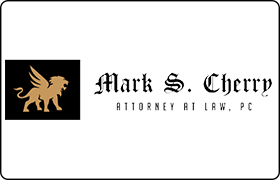Cedar Brook Workout Lawyer, New Jersey
Sponsored Law Firm
-
 x
x

Click For More Info:
-
Mark Cherry Law
385 Kings Highway North Suite 101 Cherry Hill, NJ 08034» view mapBankruptcy & Debt Where Every Client Matters
We want our clients to be confident and secure knowing we are a law firm ready to take on the fight and challenge with them.
800-824-6431
Not enough matches for Cedar Brook Workout lawyer.
Below are all Cedar Brook Bankruptcy & Debt lawyers.
FREE CONSULTATION
CONTACTKevin Castro
State and Local, Family Law, Collection, Personal Injury, Accident & Injury
Status: In Good Standing Licensed: 38 Years
Joseph J. Rogers
Bankruptcy & Debt, Foreclosure, Real Estate, Traffic
Status: In Good Standing Licensed: 30 Years
Carrie Jeanne Boyle
Bankruptcy & Debt, Employment, Estate, Lawsuit & Dispute
Status: In Good Standing Licensed: 17 Years
FREE CONSULTATION
CONTACTDavid Reinherz
Bankruptcy & Debt, Divorce & Family Law, Criminal, Immigration
Status: In Good Standing
FREE CONSULTATION
CONTACTRex J. Roldan
Government, Administrative Law, Bankruptcy, Bankruptcy & Debt
Status: In Good Standing Licensed: 31 Years
John Edward Corbett
Construction, Employee Rights, Banking & Finance, Credit & Debt
Status: In Good Standing Licensed: 57 Years
Georgette Miller
Bankruptcy & Debt, Bankruptcy, Bankruptcy Litigation, Bankruptcy & Debt
Status: In Good Standing Licensed: 24 Years
FREE CONSULTATION
CONTACT Mark Cherry Cherry Hill, NJ
Mark Cherry Cherry Hill, NJ AboutMark Cherry Law
AboutMark Cherry Law Practice AreasSpecializations
Practice AreasSpecializations
